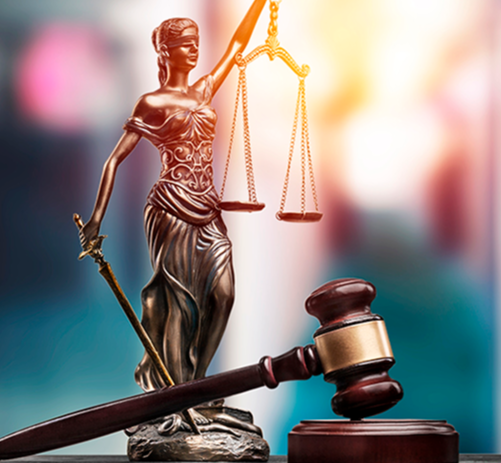Лоер
Verification of other persons according to open registers and data.
In the era of digital technologies, access to open data has become an integral part of our lives. Checking other people against open registers and data is becoming an increasingly popular practice, which allows you to get the necessary information about a potential partner, employee or even a landlord. This article examines which registries and data can be used for verification, and how to do it legally and efficiently.
The main types of open registers
Registers of legal entities and entrepreneurs:
The Unified State Register of Legal Entities, Individual Entrepreneurs, and Public Organizations (USR) contains information on the registration of companies and sole proprietorships, their founders, managers, and types of activities.
The state register of property rights to real estate allows you to obtain data on real estate owners.
Court registers:
The Unified State Register of Court Decisions (USSR) provides access to court decisions from various categories of cases, which can be useful for checking the existence of legal proceedings against a particular person or company.
Registers of debtors:
The unified register of debtors contains information on persons who owe judgments. This can be especially important when screening potential employees or contractors.
Vehicle registers:
The unified state register of vehicles allows you to obtain information about the owners of vehicles, their registration and technical characteristics.
How to check
Search in the UDR:
To check legal entities or FOPs, you can use the official website of the UDR.It is enough to enter the name of the company or the TIN to receive the necessary information.
Registration of new enterprises, changes in management or statutory documents are also reflected in the register.
Verification of court decisions:
Using EDRSSR, you can find court decisions involving a specific person or company. This will help to assess the legal status and risks of cooperation.
Search of debtors:
Enter the data of a person or company in the Unified register of debtors to check the presence of debt due to court decisions.
Property inspection:
Use the State Register of Real Property Rights to obtain information about real estate owners. This can be useful when checking landlords or counterparties who own real estate.
Register of vehicles:
Use the Unified State Register of Vehicles to check the owners of cars and other vehicles.
Legal aspects of verification
Lawfulness of data use:
It is important to carry out inspections in accordance with current legislation. The use of open data must be justified and not violate the rights of others.
Protection of personal data:
Remember the need to comply with laws on personal data protection. Unreasonable distribution or use of the received information may lead to legal liability.
Ethical aspects:
Always be ethical when checking on others. Use the information received responsibly and with respect for privacy.Advantages of checking according to open registers
Transparency:
The use of open registers ensures transparency and openness in relations between partners, employers and employees.
Risk reduction:
Verification of counterparties, potential employees and landlords helps to avoid cooperation with unreliable persons and reduce the risks of fraud.
Saving time and resources:
Access to open registers allows you to quickly and efficiently obtain the necessary information without the involvement of third-party consultants.
Conclusion
Verification of others against open registers and data is an important tool for ensuring transparency and reliability in various areas of life. Using open data helps reduce risks and ensure legal protection. However, it is important to remember to comply with the law and ethical standards when conducting such inspections. Responsible and justified use of the received information will ensure the success and reliability of your actions.




































